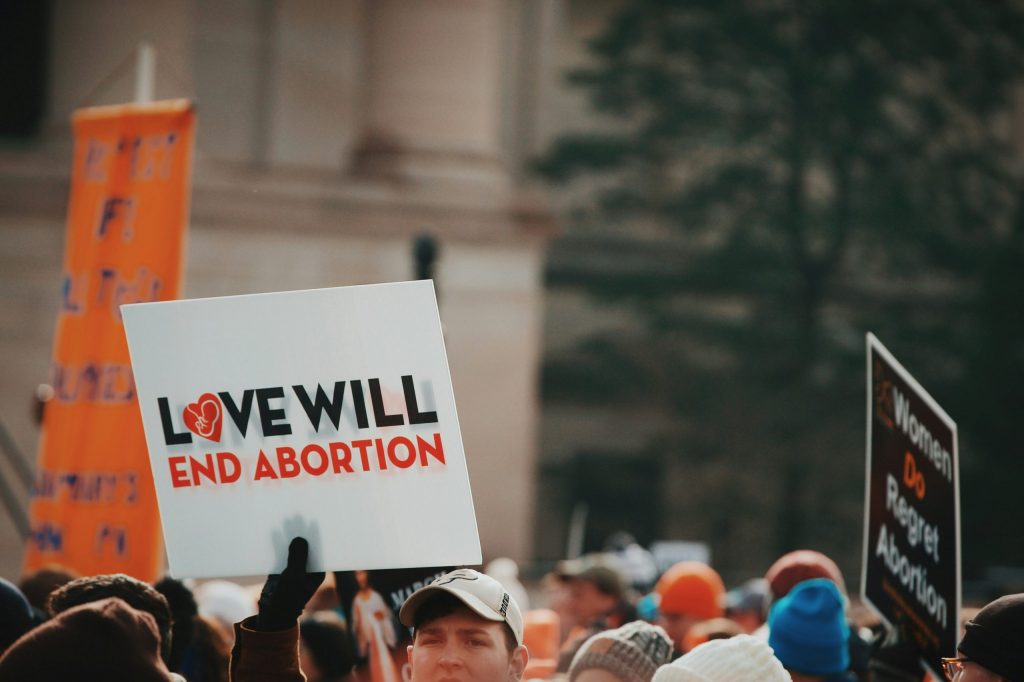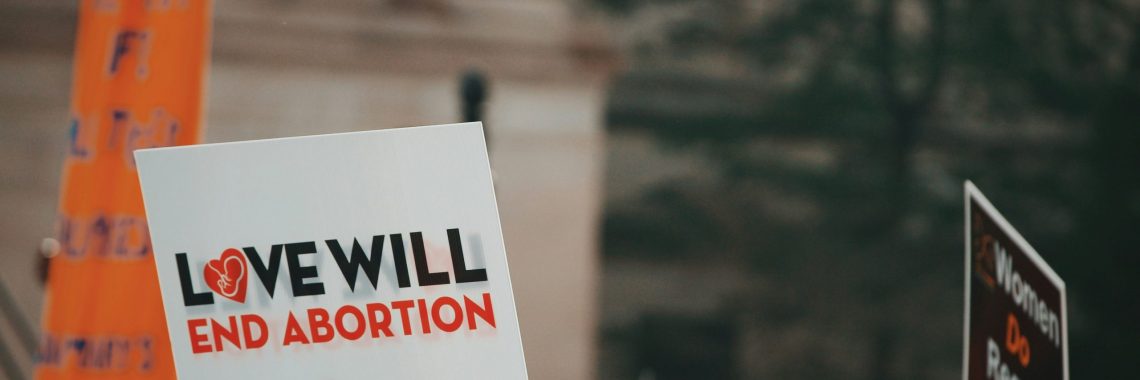In a Post-Roe America, States Budget Hundreds of Millions of Dollars for Pro-Life Pregnancy Resource Centers

Media outlet The 19th reports that states across America have increased funding for pro-life pregnancy resource centers by nearly $500 million in the two years since the U.S. Supreme Court reversed its Roe v. Wade abortion decision.
Since 2022, state legislatures around the country have ramped up state funding for pregnancy help organizations. For example:
In Tennessee, legislators have appropriated $20 million for pro-life organizations that provide alternatives to abortion.
Florida’s state budget allocates at least $25 million for pregnancy help organizations.
The Texas Legislature now budgets $70 million per year for its abortion alternatives program.
And Kansas—where some 405 women from Arkansas had abortions in 2022—provides $2 million to pregnancy centers.
Earlier this year the Arkansas Legislature passed — and Gov. Sanders signed — S.B. 64 by Sen. John Payton (R – Wilburn) providing $2 million in state grant funding for pregnancy help organizations.
This funding helps serve families at the local level without creating new government programs. The State of Arkansas is expected to start accepting grant applications from pregnancy help organizations very soon.
The $2 million will be disbursed as grants to pregnancy resource centers, maternity homes, adoption agencies, and other organizations that provide material support to women with unplanned pregnancies between now and June 30, 2025.
In 2022 and in 2023 Family Council worked with lawmakers and the governor to create this grant program for pregnancy help organizations. Since then more than two dozen good organizations across the state have applied for funding and used it to give women and families real assistance when faced with an unplanned pregnancy.
This year, Arkansas’ lawmakers voted to make significant improvements to the grant program. Among other things, legislators increased the funding from $1 million per year to $2 million. This puts Arkansas’ funding on parr with other states.
The expanded grant program also makes it clear that “pregnancy help organizations” include nonprofit organizations that promote infant and maternal wellness and reduce infant and maternal mortality by:
- Providing nutritional information and/or nutritional counseling;
- Providing prenatal vitamins;
- Providing a list of prenatal medical care options;
- Providing social, emotional, and/or material support; or
- Providing referrals for WIC and community-based nutritional services, including but not limited to food banks, food pantries, and food distribution centers.
S.B. 64 includes language preventing state funds from going to abortionists and their affiliates.
Now that abortion is prohibited in Arkansas except to save the life of the mother, we need to support women and families and eliminate the demand for abortion. This grant funding does that. It provides women in Arkansas with actual pro-life options — meaning they are less likely to travel out of state for abortion.
Arkansans should be proud to live in a state that supports women and families with unplanned pregnancies. Family Council is grateful to the General Assembly and Governor Sanders for supporting pro-life charities in Arkansas. We look forward to continuing this important, pro-life work in our state.
Articles appearing on this website are written with the aid of Family Council’s researchers and writers.




